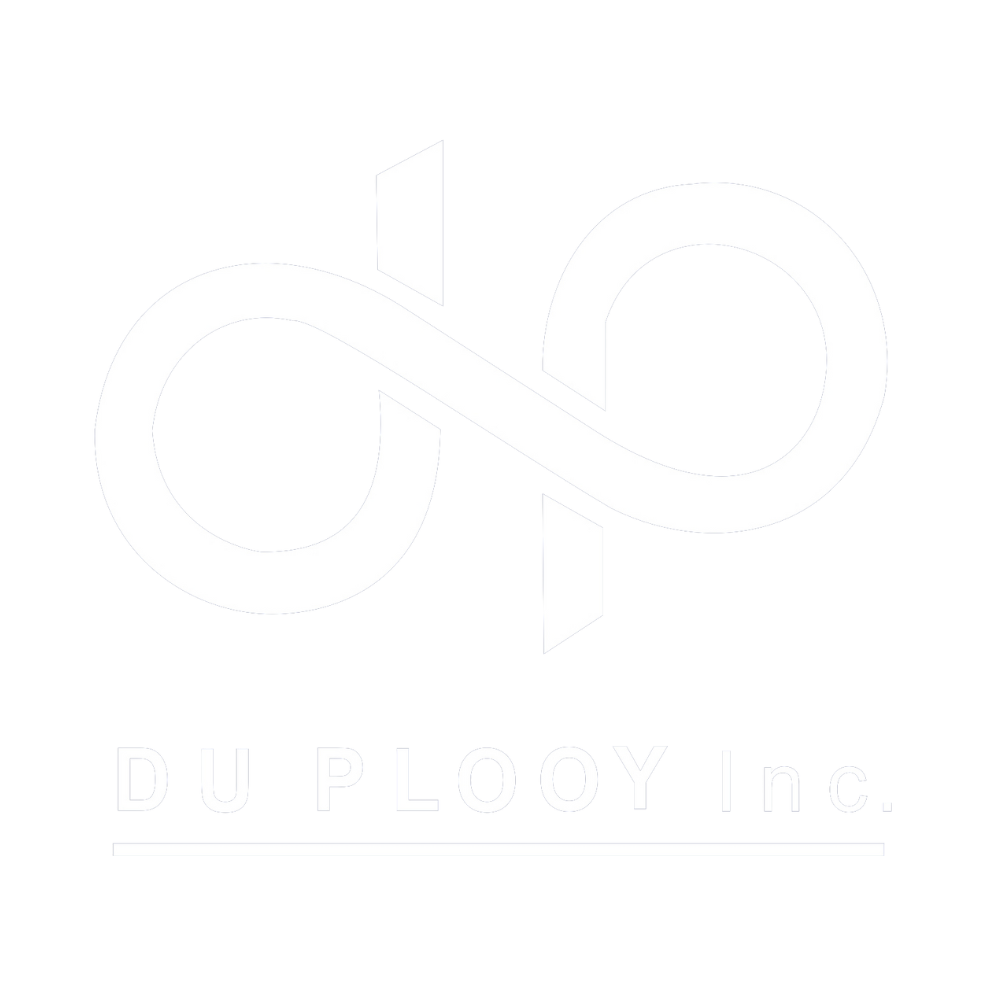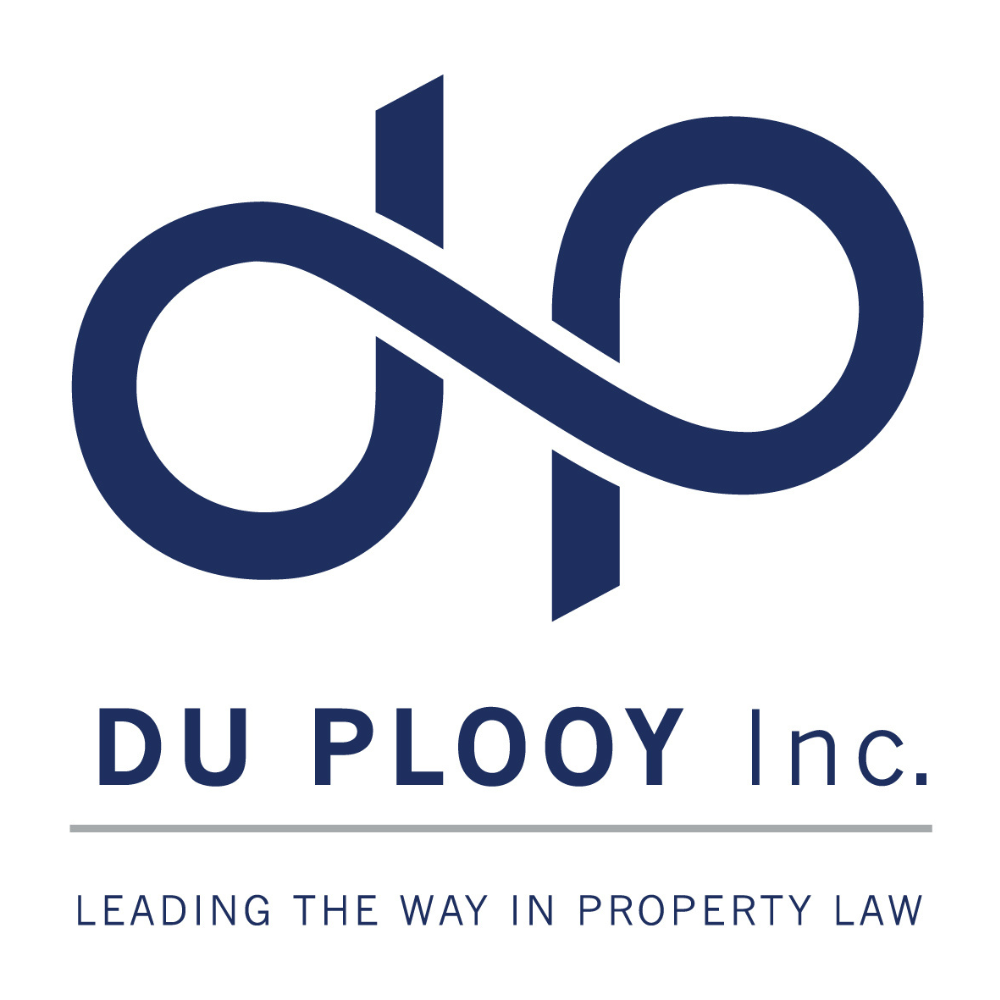Attorneys | Notaries | Conveyancers
Leading the way in
Property Law for
20 years.

Our Blog

Clear and consistent communication: A must-have for successful sales
The Importance of Effective Seller-Agent Communication.
In the real estate world, a strong partnership between a seller and their agent is crucial for a successful sale. Open and honest communication is the cornerstone of this relationship. By fostering a clear understanding of expectations, goals, and strategies, sellers and agents can navigate the selling process with confidence and efficiency.
In this blog post, we will delve into the key aspects of effective seller-agent communication. We'll discuss the importance of setting clear expectations, maintaining open lines of communication, and addressing potential challenges head-on. By the end, you'll have a better understanding of how to build a productive and fruitful relationship with your real estate agent.
Obtain the following from the Sellers KYC your Client (3 Month rule)
To ensure the safety and security of your transactions, it's essential to verify the identity and background of your clients. This process, known as Know Your Customer (KYC), involves collecting specific information to confirm their legitimacy.
Key details to gather include: valid identification documents like passports, driver's licenses, or national identity cards to verify the client's identity; proof of address, such as utility bills or bank statements, to confirm where the client lives; marital status to understand whether the client is married or single, especially if they are acting on behalf of a spouse or partnership; tax residency to determine if the client is a resident or non-resident for tax purposes and ensure correct tax implications; the client's SARS income tax number to verify their tax compliance; and documentation to confirm their authority if the client is acting on behalf of a company or trust.
Essential Documents for Home Buyers in South Africa
When purchasing a property, it's crucial to have all the necessary documents in order. Ensure you have all these documents in place: Financial Documents like Rates and Taxes accounts, utility statements, and levy statements provide insights into the property's financial obligations. Compliance Certificates verify the safety of electrical wiring and gas appliances. Property Information includes the NHBRC Certificate, building plans, mortgage details, property condition report, zoning status, and title deed. Additional Considerations involve understanding tenant information if applicable and the seller's VAT status. Having all these documents will help you make an informed decision and avoid potential legal complications during the property purchase process.
What to Do After Accepting an Offer
Once you've accepted an offer on your property, there are several important steps to take to ensure a smooth and efficient transfer process. Once you've accepted an offer on your property, you need to take several important steps to ensure a smooth transfer. First, inform the seller of the accepted offer, including the agreed-upon price and terms. Provide them with any necessary documentation, such as the sale agreement and financial information.
Regarding financial matters, notify your bank of your intention to cancel the bond on the property, as this typically requires a 90-day notice period. Additionally, obtain clearance certificates from relevant authorities to ensure the property is free of debts. These certificates include rates clearance, levy clearance, and various compliance certificates for electrical, gas, borehole, beetle, and plumbing systems.
It's also crucial to inform the buyer of any known defects in the property, even if they're not immediately apparent. Finally, close your rates account with the City Council and cancel any insurance policies or services associated with the property.
Additional Considerations for Property Sellers
Before purchasing a property, it's essential to investigate its financial standing. Ask the seller about any outstanding rates, taxes, or levies associated with the property. If the property is part of a homeowners' association, inquire about membership fees and regulations. Verify that the seller is up-to-date with their bond payments.
Ensure that all buildings on the property are included in the approved building plans and that the water and electricity meters are functional. If the property is not the seller's primary residence, capital gains tax may apply.
Remember that the seller is generally responsible for paying the agent's commission, obtaining compliance certificates, and the costs associated with canceling the bond. In some cases, penalties may apply for early bond cancellation. The seller will need to close their rates account with the City Council.
The power of effective seller-agent communication
By fostering open and honest communication with your real estate agent, you're setting yourself up for a successful home-selling journey. Remember, a strong seller-agent relationship is built on trust, transparency, and effective communication. Du Plooy Inc is committed to providing exceptional service and building strong relationships with our clients. Our team is dedicated to understanding your unique goals and guiding you through every step of the home-buying process.
Newsletters
Stay ahead of the curve with Du Plooy Inc.'s legal newsletters! Our concise updates deliver insights on property law, keeping you informed on the latest regulations and rulings.
2025
May
2024
Attorneys | Conveyancers | Notaries
Leading
the way in Property Law
for 20 years.

Our Blog

Clear and consistent communication: A must-have for successful sales
The Importance of Effective Seller-Agent Communication.
In the real estate world, a strong partnership between a seller and their agent is crucial for a successful sale. Open and honest communication is the cornerstone of this relationship. By fostering a clear understanding of expectations, goals, and strategies, sellers and agents can navigate the selling process with confidence and efficiency.
In this blog post, we will delve into the key aspects of effective seller-agent communication. We'll discuss the importance of setting clear expectations, maintaining open lines of communication, and addressing potential challenges head-on. By the end, you'll have a better understanding of how to build a productive and fruitful relationship with your real estate agent.
Obtain the following from the Sellers KYC your Client (3 Month rule)
To ensure the safety and security of your transactions, it's essential to verify the identity and background of your clients. This process, known as Know Your Customer (KYC), involves collecting specific information to confirm their legitimacy.
Key details to gather include: valid identification documents like passports, driver's licenses, or national identity cards to verify the client's identity; proof of address, such as utility bills or bank statements, to confirm where the client lives; marital status to understand whether the client is married or single, especially if they are acting on behalf of a spouse or partnership; tax residency to determine if the client is a resident or non-resident for tax purposes and ensure correct tax implications; the client's SARS income tax number to verify their tax compliance; and documentation to confirm their authority if the client is acting on behalf of a company or trust.
Essential Documents for Home Buyers in South Africa
When purchasing a property, it's crucial to have all the necessary documents in order. Ensure you have all these documents in place: Financial Documents like Rates and Taxes accounts, utility statements, and levy statements provide insights into the property's financial obligations. Compliance Certificates verify the safety of electrical wiring and gas appliances. Property Information includes the NHBRC Certificate, building plans, mortgage details, property condition report, zoning status, and title deed. Additional Considerations involve understanding tenant information if applicable and the seller's VAT status. Having all these documents will help you make an informed decision and avoid potential legal complications during the property purchase process.
What to Do After Accepting an Offer
Once you've accepted an offer on your property, there are several important steps to take to ensure a smooth and efficient transfer process. Once you've accepted an offer on your property, you need to take several important steps to ensure a smooth transfer. First, inform the seller of the accepted offer, including the agreed-upon price and terms. Provide them with any necessary documentation, such as the sale agreement and financial information.
Regarding financial matters, notify your bank of your intention to cancel the bond on the property, as this typically requires a 90-day notice period. Additionally, obtain clearance certificates from relevant authorities to ensure the property is free of debts. These certificates include rates clearance, levy clearance, and various compliance certificates for electrical, gas, borehole, beetle, and plumbing systems.
It's also crucial to inform the buyer of any known defects in the property, even if they're not immediately apparent. Finally, close your rates account with the City Council and cancel any insurance policies or services associated with the property.
Additional Considerations for Property Sellers
Before purchasing a property, it's essential to investigate its financial standing. Ask the seller about any outstanding rates, taxes, or levies associated with the property. If the property is part of a homeowners' association, inquire about membership fees and regulations. Verify that the seller is up-to-date with their bond payments.
Ensure that all buildings on the property are included in the approved building plans and that the water and electricity meters are functional. If the property is not the seller's primary residence, capital gains tax may apply.
Remember that the seller is generally responsible for paying the agent's commission, obtaining compliance certificates, and the costs associated with canceling the bond. In some cases, penalties may apply for early bond cancellation. The seller will need to close their rates account with the City Council.
The power of effective seller-agent communication
By fostering open and honest communication with your real estate agent, you're setting yourself up for a successful home-selling journey. Remember, a strong seller-agent relationship is built on trust, transparency, and effective communication. Du Plooy Inc is committed to providing exceptional service and building strong relationships with our clients. Our team is dedicated to understanding your unique goals and guiding you through every step of the home-buying process.
Newsletters
Stay ahead of the curve with Du Plooy Inc.'s legal newsletters! Our concise updates deliver insights on property law, keeping you informed on the latest regulations and rulings.
2025
May
2024
Trusted Expertise, Proven Results.
We've helped over 50,000 clients achieve success.

Trusted Expertise,
Proven Results.
We've helped over 50,000 clients
Achieve Success.

DU PLOOY Inc
Training Centre
Are you an Estate Agent or Mortgage Originator?
The KVV Training Centre is a platform for continued learning and education. This Centre is especially focused on Estate Agents and Mortgage Originators who wish to broaden their knowledge about the property industry and the legal implications of the elements associated with it.
Our directors are more than happy to do onsite training at your offices, in which case the material in the training centre can be used to reaffirm knowledge obtained during training. Alternatively, the Training Centre provides a welcome alternative to the learner who does not have time to sit in a classroom during the day and wishes to do training in his own time and in the comfort of his own home or office.
Certain of the programmes provide for a small knowledge test at the end, in order to obtain and print an Attendance Certificate as required by the PPRA.
Johannesburg
Monday - Friday: 8am to 5pm
Saturday & Sunday: Closed
Hermanus
Monday - Friday: 8am to 4.30pm
Saturday & Sunday: Closed
Follow us

Johannesburg
Monday - Friday: 8am to 5pm
Saturday & Sunday: Closed
Hermanus
Monday - Friday: 8am to 4.30pm
Saturday & Sunday: Closed
Follow us
© Du Plooy Inc 2026
© Du Plooy Inc 2026
